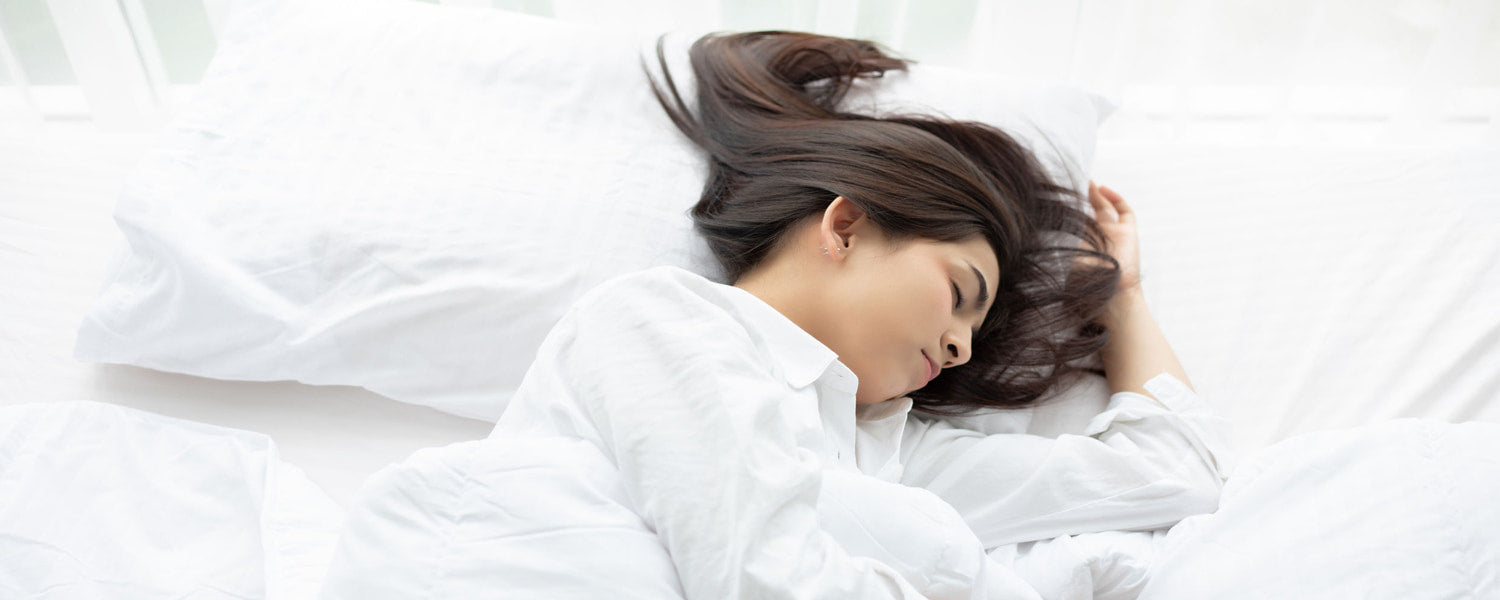Do you or a loved one suffer from sleep apnea? This sleep disorder is estimated to affect about 5% of Australians, with around one in four men over the age of 30 years affected.
What is sleep apnea?
Sleep apnea occurs when a person’s throat is partly or completely blocked while they are asleep, causing them to stop breathing. The sufferer’s breathing can stop for anywhere between a few and 90 seconds until your brain registers the drop in oxygen levels and sends a small wake-up call.
This wake-up message from your brain causes you to wake-up slightly, open your upper airway, possibly snort or gasp and then fall back asleep almost immediately. These episodes which are known as ‘apneas’, can happen many times a night and in most cases, you won’t even realise it is happening, but will most often wake up in the morning feeling very tired.
What are the symptoms and complications of sleep apnea?
Sleep apnea ranges from mild to severe and in severe cases, sleep can be interrupted hundreds of times each night which can have very detrimental impacts for the sufferer.
The symptoms of sleep apnea include snoring, irritability and mood changes, tossing and turning, impotence and reduced sex drive, waking up gasping or choking, and daytime sleepiness, fatigue and tiredness.
Sleep apnea can also be very distressing for the sufferer’s partner as they can be woken up by the sufferer gasping or choking during an apnea episode.
Who can have sleep apnea?
Sleep apnea is more common in people who are middle aged or older, who are above a healthy weight and who have a history of sleep apnea in the family. People with naturally narrow throats or nasal passages, and children with enlarged tonsils or adenoids can also have sleep apnea.
Being on certain medications such as sleeping tablets and sedatives, and indulging in too much alcohol before bed can also cause temporary sleep apnea.
How can sleep apnea be treated?
Treating your sleep apnea will help you sleep more easily, and may reduce the symptoms of the condition. For people with mild sleep apnea, lifestyle changes like losing weight if you are overweight, decreasing the amount of alcohol drunk during the evening, and reducing your reliance on sleep aids like sleeping pills and sedatives can help alleviate the condition.
A simple way to help prevent mild sleep apnea is to change the position you sleep in.The best sleeping positions to improve sleep apnea are on your side, or on your stomach. These sleeping positions prevent the tongue and soft palate from resting against the back of the throat and blocking the airway.
Sleeping on your stomach can be awkward, and can cause neck pain, so choosing to sleep on your side with a medium or high-profile pillow to keep your spine aligned and provide proper support for your neck is a good way to help reduce instances of sleep apnea.
For those that prefer to sleep on your back, it may be as simple as changing your pillow to help your sleep apnea. An Australian study has shown that tilting the head forward (chin to chest) worsens breathing patterns and restricts the airways and that tilting the head backwards has the opposite effect.
Sleeping with large or too many pillows may be comfortable and cozy but could be adding to your sleeping issues. To ensure your pillow keeps your head tilted slightly backwards or in a neutral position, you need a low profile pillow as it keeps your head in a neutral position and maintains the correct curvature of the spine.
Sleeping with the head as elevated and upright as possible may be also helpful in improving sleep apnea symptoms. Sleeping in an adjustable bed or in a recliner, or using wedge-shaped pillows made of dense foam can help you achieve the right sleeping position that keeps the airway more open.
If you think you or a loved one may be suffering from sleep apnea, we recommend seeing your doctor. For more severe cases of sleep apnea, a referral to a sleep disorders specialist may be required to help pinpoint the cause of your sleep apnea and find the best treatment.
If you are having trouble sleeping, then perhaps it’s time to upgrade your pillow. Spinaleze specialises in providing products that feature patented and uniquely innovative designs that provide optimal spinal support and luxurious comfort to guarantee you a better night’s sleep. Find out how to choose the best pillow to suit you, and test out our products in person at our Sleep Clinic.
This article should be used for informative purposes only and is not a substitute for a consultation with a health specialist.














